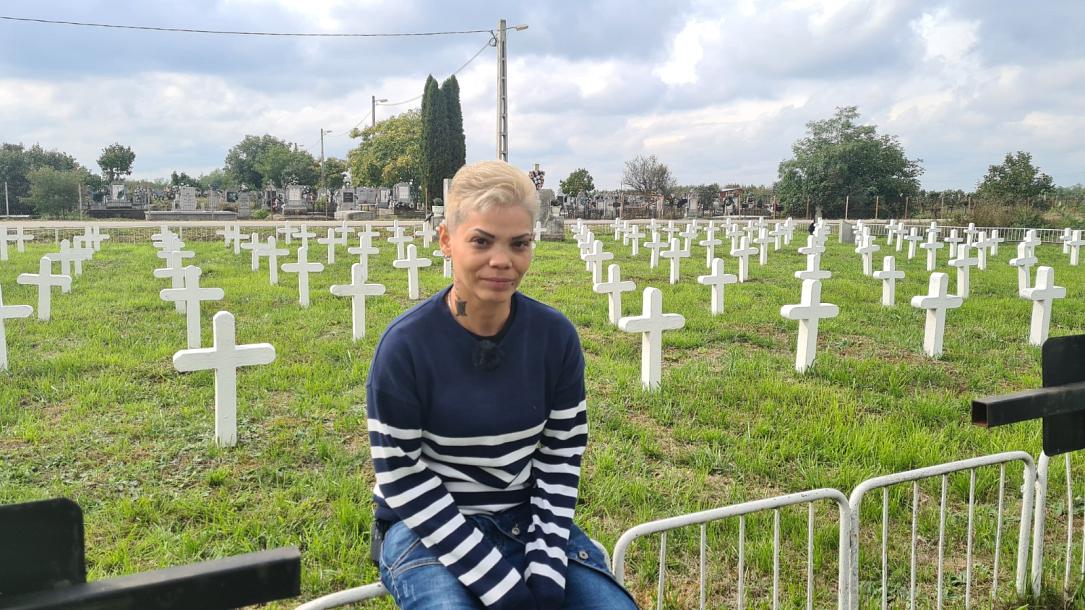Romanian woman testifies in the Council of Europe about the traumas she experienced in a Communist orphanage



Sirmanca Fekete, a survivor of the home for disabled and mentally ill minors in Cighid, testified on Tuesday, October 11, in the Council of Europe in support of a motion tabled by the Justice Initiative.
This is a pan-European initiative that brings together 19 countries and aims to recognize and prevent child abuse. It was created by Swiss Guido Flori to investigate and find solutions for those affected by child abuse across the continent.
According to the motion, entitled Child abuse in Europe: addressing, compensation and prevention, the Justice Initiative asks the Council of Europe and the Member States to ensure an independent investigation into child rights violations in each country and official recognition of the trauma of children who have suffered any kind of violence, be it psychological, physical or sexual in nature. The motion also calls for victims to receive some form of compensation and that existing laws in member states be geared towards protecting all children from abuse and maltreatment.
The Council of Europe selected two countries for a hearing to decide whether the motion goes ahead to the European Parliament: Romania and Germany. During the hearing, victims from the two countries were given the opportunity to testify before the joint committee and draw attention to the urgency of their situation.
"In 1988, when I was 3 years old, I was placed in a home for disabled and mentally ill children, even though I wasn't handicapped at all - I was only slightly weaker than most children my age. But the Ceausescu regime wanted a society full of strong and healthy children. Those who seemed weak were not considered useful and were therefore sent to institutions," Sirmanca Fekete said in her testimony.
"This institution called Cighid, holding approximately 100 children, was actually a death camp. Nobody held us in their arms or played with us. We would rock ourselves back and forth. The nurses didn't give us clothes to wear, so we were naked, there was no heating, we received little food, and we were left in the dark. The worst memory I have is that we children were always crying because the nurses would leave us naked in beds filled with our own urine and our own feces. Many of us were also beaten and raped. That was 33 years ago, but to this day I have nightmares and I am very afraid of the dark. My daughter wakes me up and tells me that I am screaming Don’t beat me!."
In Romania, the state has not taken any steps to investigate the phenomenon of child abuse in the so-called protective institutions. There are no official statistics at the country level before 1989, or since.
Victims of the abuse in the child protection system who have managed to survive speak of the horrors of the orphanages in the Communist era, but the Romanian state has never publicly acknowledged this horrendous episode in the country’s history.
"For many decades, Europe has had a relaxed attitude towards the moral and legal limits of child protection: hundreds of thousands of children and young people became victims of exploitation, ill-treatment, and abuse. To date, most cases of abuse have gone unrecognized. The Justice Initiative is trying to change this, by drawing attention to this suppressed part of history and to the victims who are suffering from a lack of justice, public recognition, and the danger of repeating abuse that has not been condemned yet," said Guido Fluri, founder of the Justice Initiative.
The Justice Initiative was launched by victims' groups, academies, and NGOs from all over Europe as a joint political initiative that looks back at history, but above all aims to have an effect on the future.
(Photo: Sirmanca Fekete; photo source: press release)